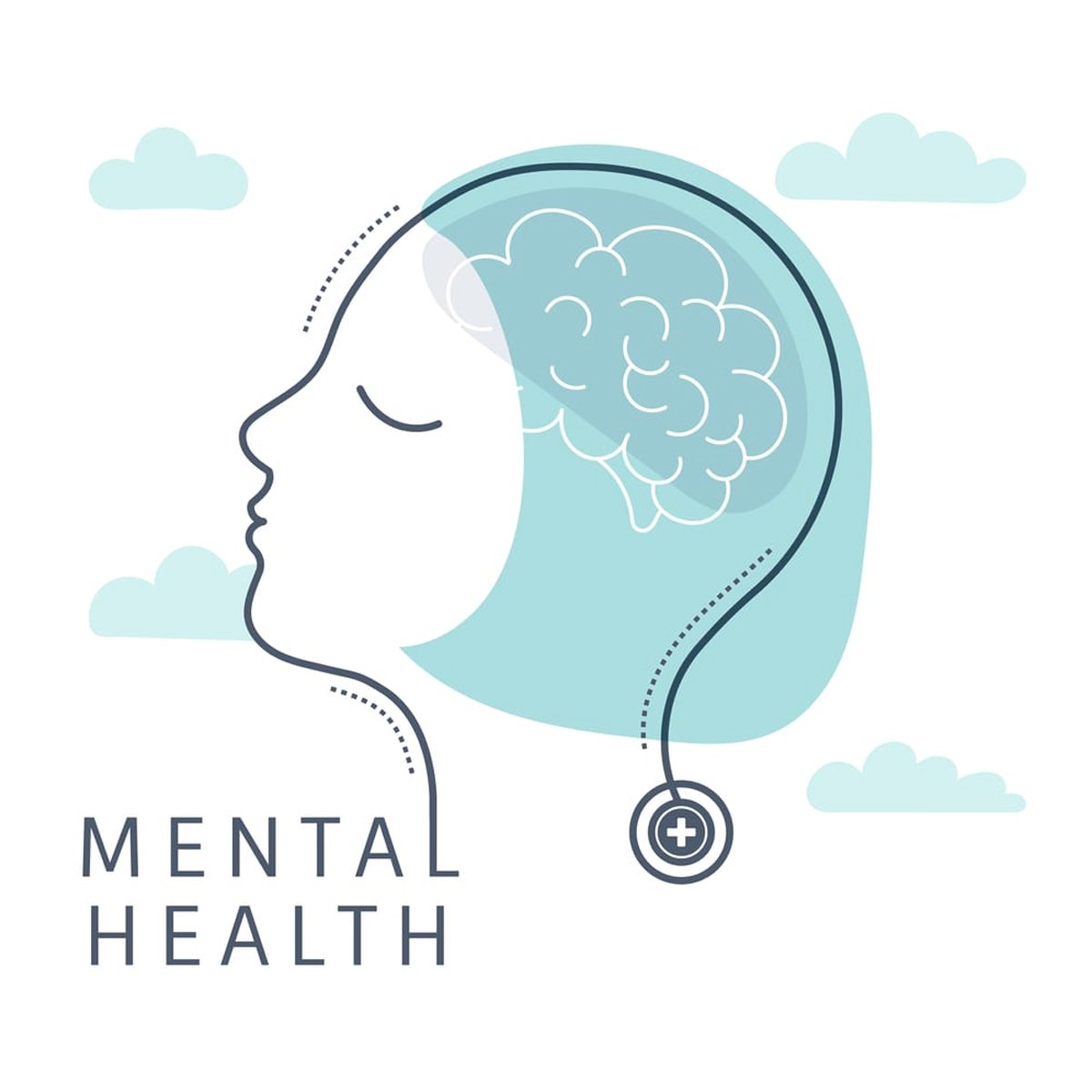In our bustling world, where time is a precious commodity and convenience often trumps nutrition, the significance of food and diet cannot be overstated. Beyond mere sustenance, food serves as fuel for our bodies, a source of pleasure for our senses, and a cornerstone of cultural identity. But amidst the cacophony of dietary trends and conflicting advice, navigating the realm of food and diet can be daunting. However, by delving deeper into this topic, we uncover not only the importance of nourishing our bodies but also the profound impact food has on our overall well-being.
Exploring the Nutritional Landscape
At the heart of food and diet lies the concept of nutrition – the science of how food nourishes our bodies. Our dietary choices play a pivotal role in determining our health outcomes, influencing everything from our energy levels to our susceptibility to chronic diseases. But nutrition is not just about counting calories or following rigid meal plans; it’s about understanding the complex interplay of nutrients and their effects on our physiology.
Cultural Traditions and Culinary Heritage
Food is not just sustenance; it is also a reflection of our cultural heritage and identity. Across the globe, each region boasts its own culinary traditions, shaped by local ingredients, historical influences, and social customs. From the spice-laden curries of India to the hearty stews of Ireland, every dish tells a story – a narrative woven from generations of culinary wisdom and familiaExploring different cuisines opens a gateway to understanding and appreciation, allowing us to experience the world through the lens of food. Whether it’s gathering around a communal table for a traditional feast or mastering a cherished family recipe, food has the power to connect us to our roots and foster a sense of belonging.
Mindful Eating
In today’s fast-paced society, the act of eating has become increasingly hurried and disconnected. We often consume meals on the go, multitasking or mindlessly munching while scrolling through our smartphones. However, by practicing mindful eating, we can reclaim the pleasure and presence of the dining experience.Mindful eating involves paying deliberate attention to the sensory experience of eating – savoring the colors, textures, and flavors of each bite. It also entails tuning into our body’s hunger and fullness cues, eating when we’re hungry and stopping when we’re satisfied. By slowing down and savoring our meals, we not only derive greater enjoyment from food but also foster a deeper sense of gratitude for the nourishment it provides.

Navigating Dietary Trends
In the ever-evolving landscape of nutrition, dietary trends come and go with remarkable speed. From low-carb diets to intermittent fasting regimens, it seems like there’s always a new approach vying for our attention. While some trends may offer promising results, others may lack scientific evidence or fail to consider individual variability.When navigating dietary trends, it’s essential to approach them with a critical eye and a healthy dose of skepticism. Instead of blindly following the latest fad, consider consulting with a registered dietitian or nutrition professional who can offer personalized guidance tailored to your unique needs and goals. Remember that sustainable change takes time and patience, and there is no one-size-fits-all approach to healthy eating.
Conclusion
In conclusion, food and diet are integral aspects of our lives, influencing not only our physical health but also our emotional well-being and cultural identity. By embracing a balanced and mindful approach to eating, grounded in nutritional science and cultural appreciation, we can nourish our bodies, minds, and souls. Let us savor each bite, celebrate the diversity of culinary traditions, and cultivate a deeper connection to the food we eat and the world around us.
FAQs
What is the importance of a balanced diet?
A balanced diet provides essential nutrients needed for optimal health and well-being. It supports bodily functions, boosts energy levels, and reduces the risk of chronic diseases.
How can I improve my eating habits?
Start by incorporating more fruits, vegetables, whole grains, and lean proteins into your meals. Practice mindful eating, paying attention to hunger and fullness cues, and savoring the flavors of your food.
Are there specific foods that can boost my mood?
Certain foods, such as fatty fish rich in omega-3 fatty acids, fruits high in antioxidants, and dark chocolate, have been linked to improved mood and mental well-being.
What role does hydration play in a healthy diet? Hydration is crucial for maintaining bodily functions, regulating temperature, and supporting digestion. Aim to drink plenty of water throughout the day and incorporate hydrating foods like fruits and vegetables into your diet.
How can I navigate dietary restrictions or food allergies?
If you have dietary restrictions or food allergies, it’s essential to read labels carefully, communicate your needs when dining out, and explore alternative ingredients and recipes that meet your dietary requirements.
What should I consider when trying a new diet or eating plan?
Before starting a new diet or eating plan, consider its nutritional adequacy, sustainability, and compatibility with your lifestyle and preferences. Consult with a healthcare professional or registered dietitian for personalized guidance.
How can I maintain a healthy weight without restrictive dieting?
Focus on adopting sustainable lifestyle changes, such as regular physical activity, mindful eating, and portion control. Avoid restrictive diets that promote rapid weight loss but are difficult to maintain long-term.
How can I encourage healthy eating habits in my family?
Lead by example by modeling healthy eating behaviors and involving your family in meal planning and preparation. Create a positive food environment at home, offering a variety of nutritious options and limiting exposure to processed foods and sugary snacks.
Where can I find reliable information about nutrition and dietary guidelines?
Look for reputable sources such as government health websites, academic institutions, and registered dietitians for evidence-based information on nutrition and dietary guidelines. Be cautious of misinformation and fad diets promoted by unreliable sources.




